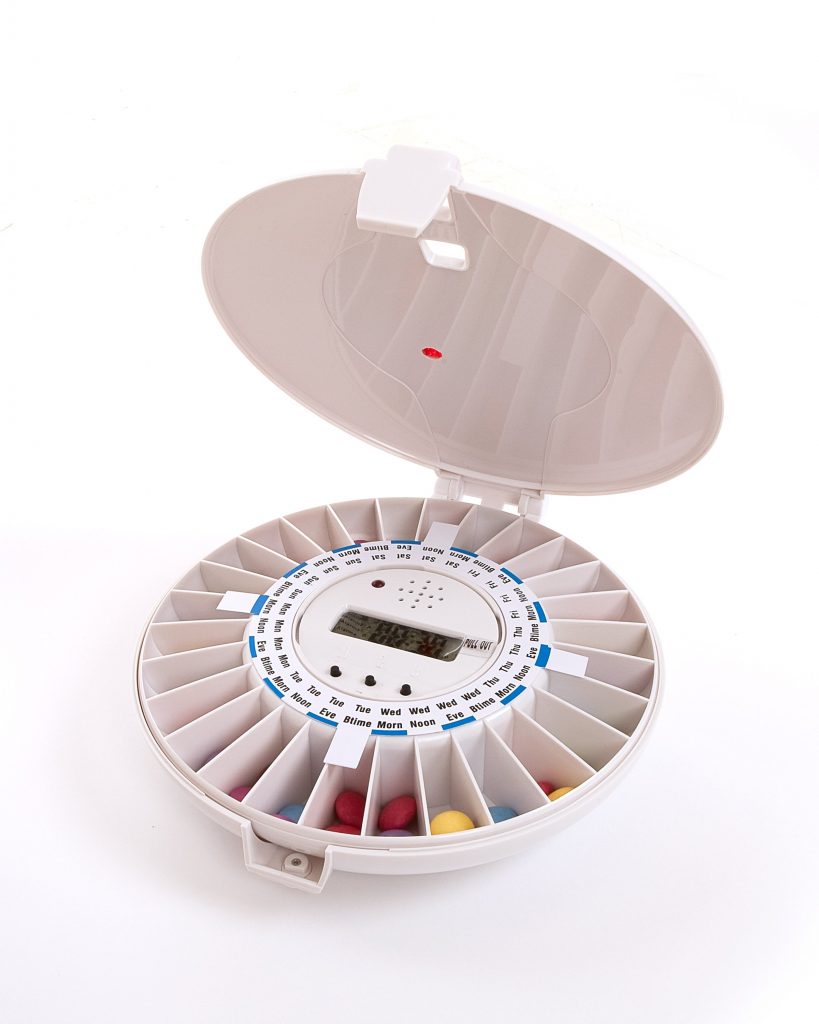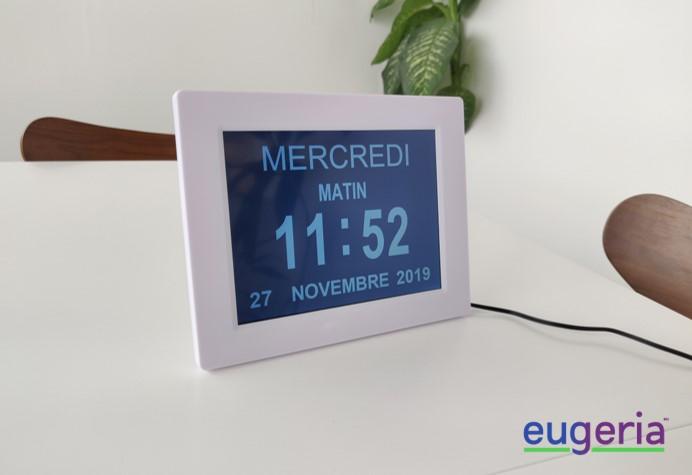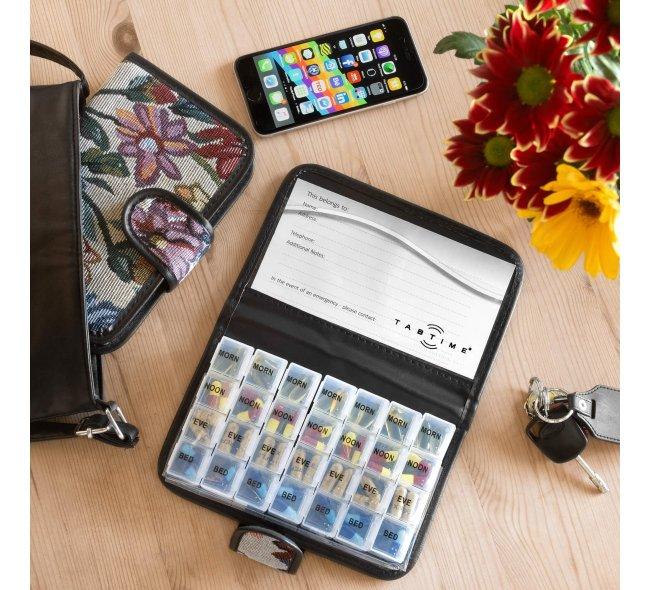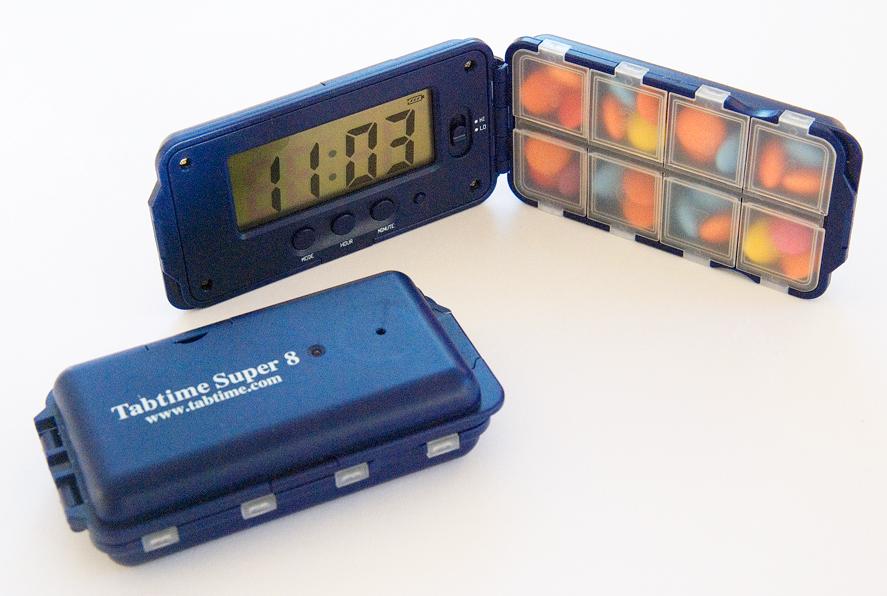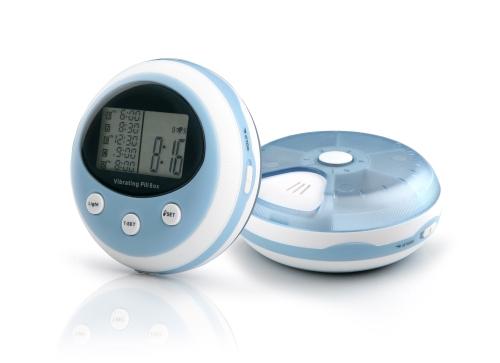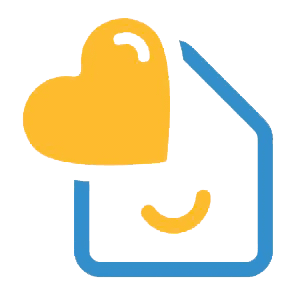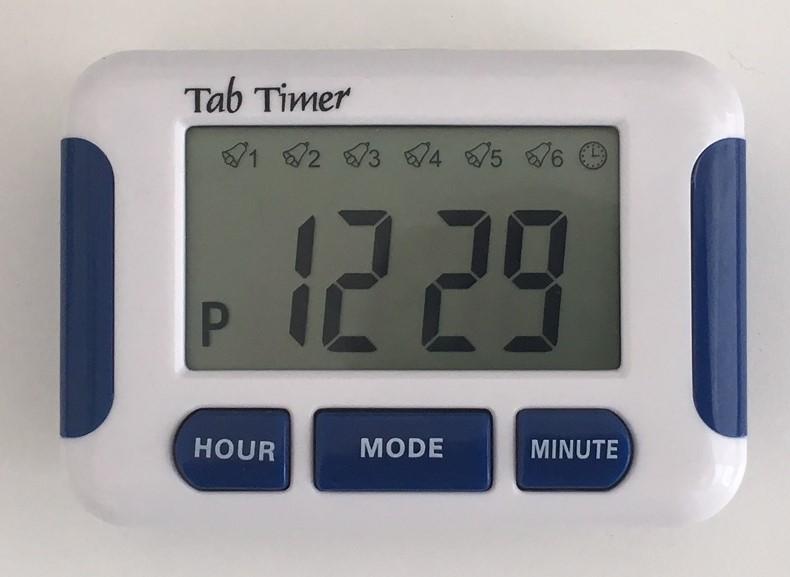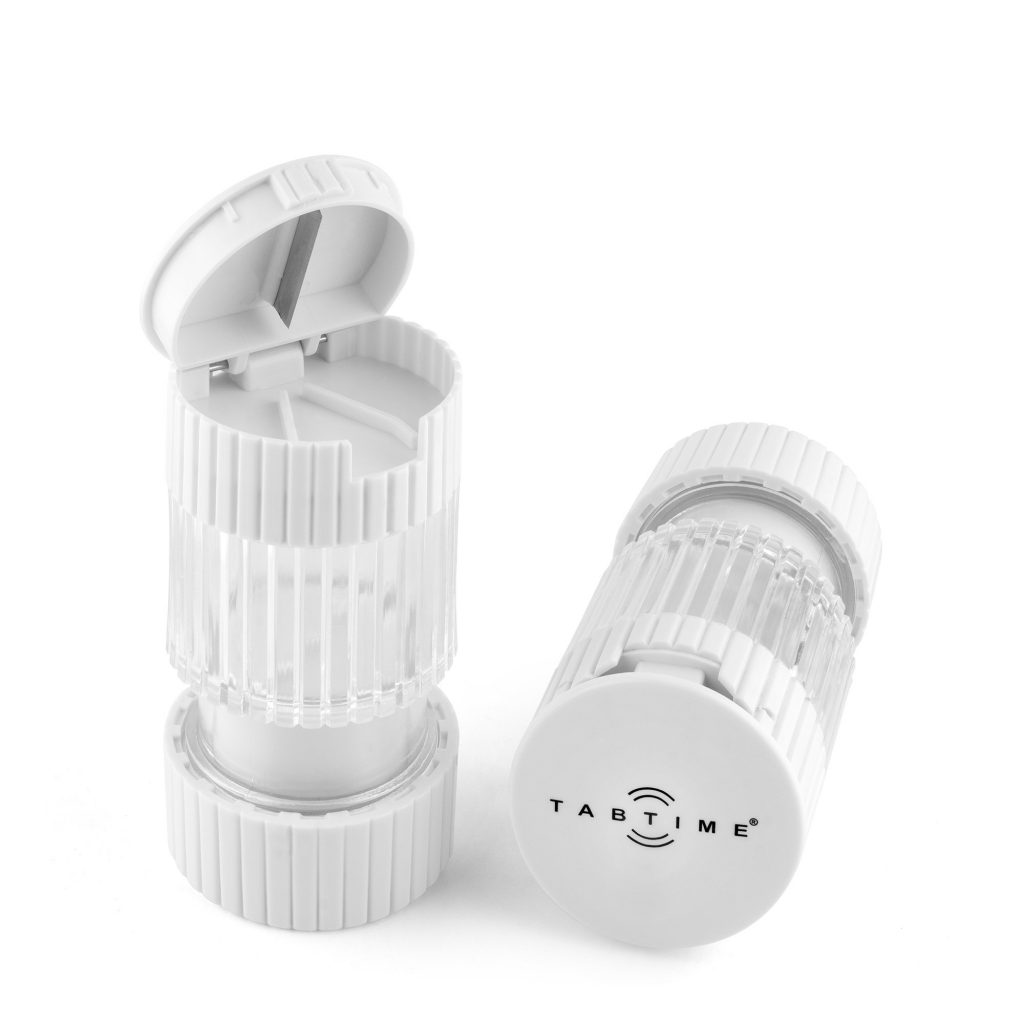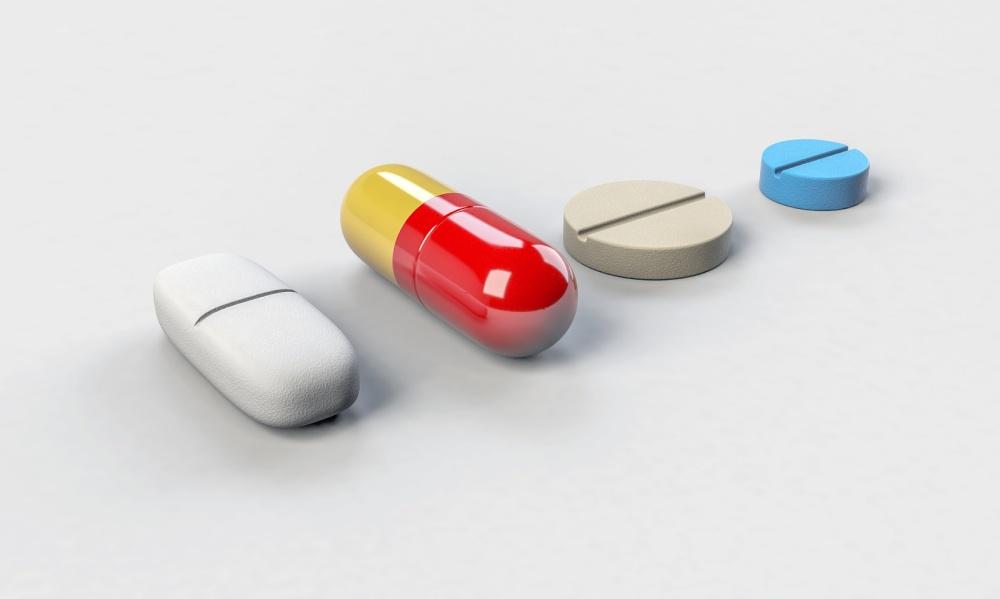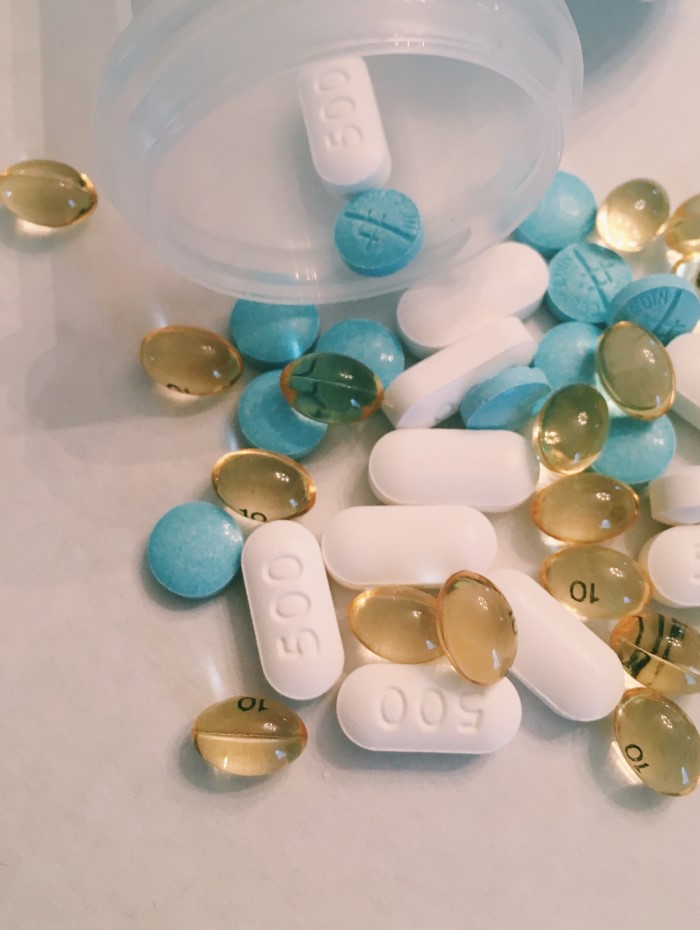
7 Tips to Remember Taking Your Medication
Whether you are an older adult or a caregiver, your daily routine involves many tasks that become more complicated with time. One of them is managing your medication.
As we get older, we are also faced with more chronic health conditions that require regular medical treatments. In North America, seniors use more medicines – prescription, over-the-counter, or supplements – than any other age group. Managing all the medication we must take, often multiple times a day, along with other activities of daily living can quickly become overwhelming.
To help, we have identified a few tips for you or your caregiver that can make life a bit easier and reduce the stress and uncertainty around medication management.
1. Make a list
Making a list of the medications you take, what form it is in (pill, liquid, which color, etc.), when you take it, and what you take it for can help you have a detailed plan that’s easier to follow. You can always refer to it when you are not sure which pill you have taken or when you should take your next medication. It is critical that you keep this list up to date and confirm it with your doctor or pharmacist.
2. Get help from family and friends
Family and friends are here to help! You can share the details of your medication plan with them (or even give them a copy of your written medication list) and they can in turn help with reminder calls or texts. They can also simply answer your questions if you lose track of which pill to take and when. If you live in a retirement home or an assisted living facility, services (often for a fee) are also offered to help you with medication intake.
3. Speak with your doctor and pharmacist
It is crucial that you ask both your doctor and pharmacist about your drug regimen. They can help simplify your medication regimen and sometimes find pills that can be taken once a day instead of 3 or 4 times. They can also help prepare specific doses in pill dispensers in some instances.
4. Learning about your medical condition and your medication
Knowing what your condition is, how it affects you, and in turn how the medication helps has been proven to increase your adherence – the likelihood you follow your prescription and don’t forget. Research studies have shown this strategy works more often than not in reducing confusion when taking your medication and improving the likelihood that you take the right medication at the right time.
5. Tie your medication to a daily activity
A new approach that has also proven effective is to tie your medication to something you do regularly. It can be as simple as saying and repeating “With breakfast, I take this pill” or “After my evening shower, I take this medication”.
6. Using pill dispensers
Pill boxes or dispensers aren’t new or revolutionary. This simple organizational tool you can find on our marketplace can help you organize your medicines by day for a few days. They often identify the time at which the medication should be taken to avoid doubt over whether you took it or not. Recently, pill boxes have become more technological and now can include integrated alarms.
7. Handheld device applications or calendar alerts
If you own a smartphone or tablet, many apps have been developed to help remember and track medication intake. Some even allow to add personal notes with your observations or questions. You can also add calendar alerts into your device. They are easily replicated for multiple days and weeks and can provide a simple yet efficient reminder.
Overall, managing and adhering to your medication regimen is undoubtedly a challenge and yet, for your health and safety, you must do it very carefully. These tips can help you do just that.


